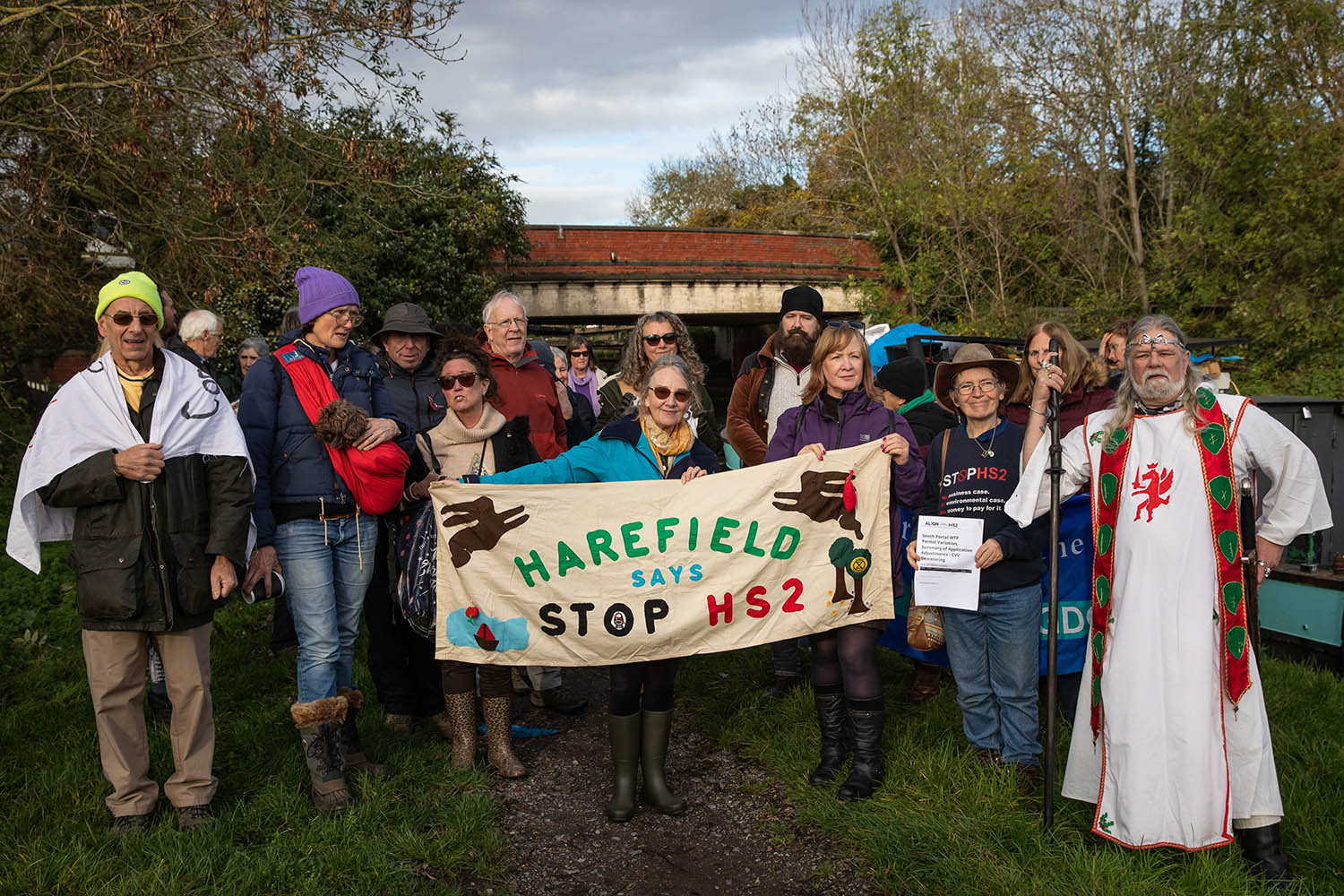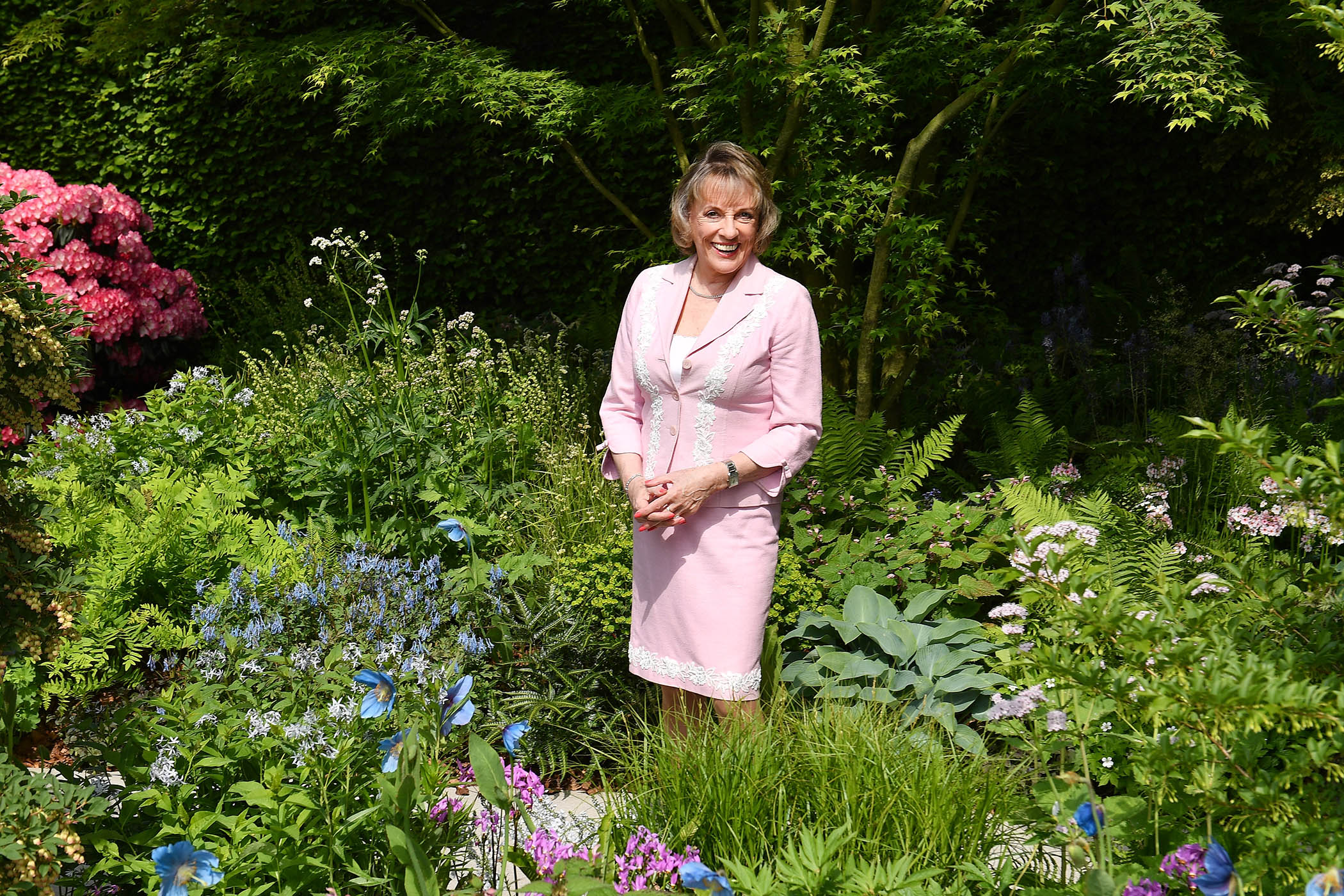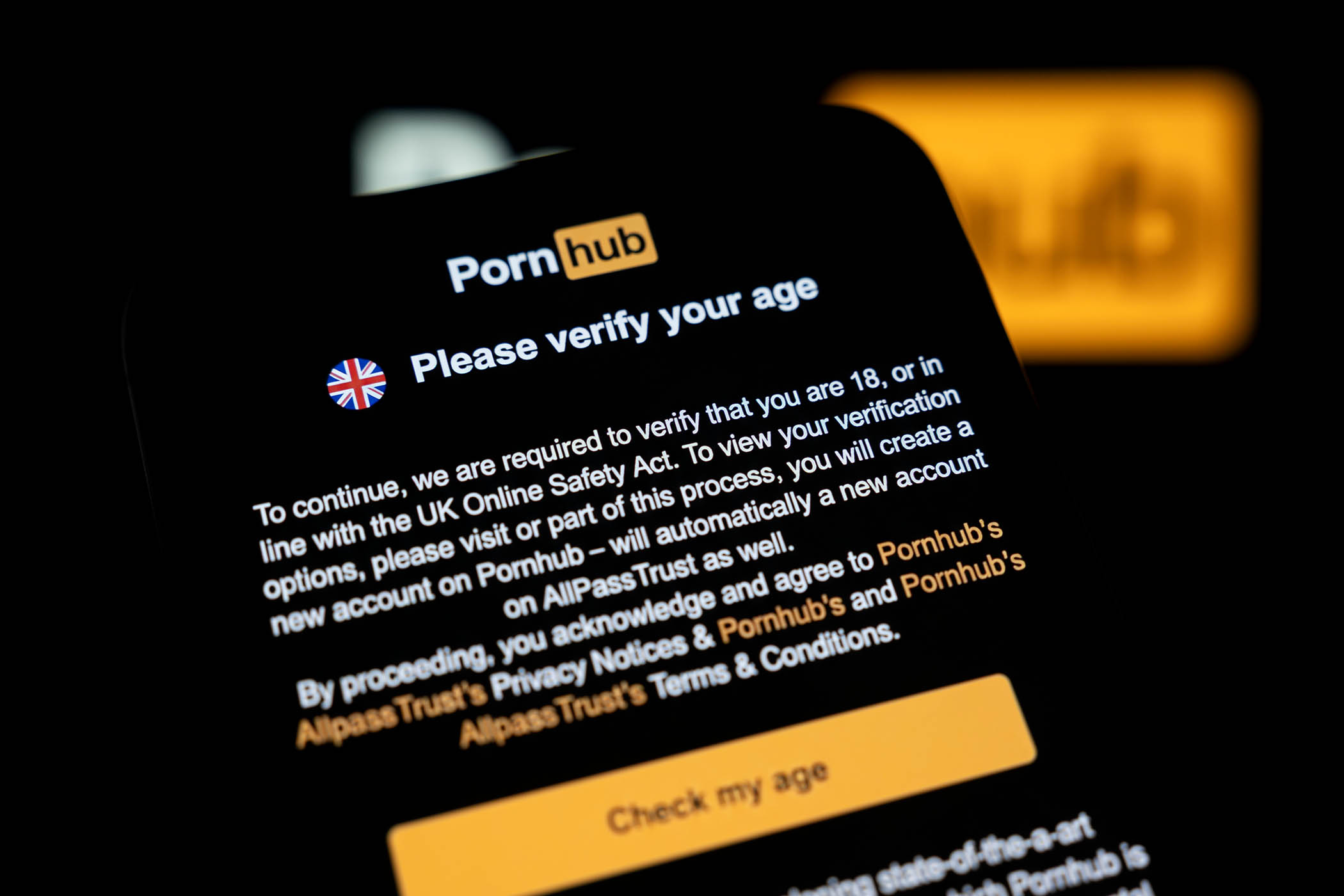There’s an emotional state that, I believe, the British do best, and that emotional state is miffed. Not fully angry, but a squished-down resentment, restrained by politeness and a pursed lip.
There was a lot of miffery in Derailed: The Story of HS2, Radio 4’s unmissable investigation of the high-speed rail network debacle. (Actually, debacle, though the correct term, seems too strong for the contained emotions in this series.) Everyone involved in the series, whether positive about the doomed project, or completely against it, was eminently reasonable, even optimistic – but also slightly pissed off, including presenter Kate Lamble. They had reason to be.
Bit by bit, each 15-minute episode of this exemplary series in Radio 4’s Understand strand told how, over 16 years, HS2 was desired, designed, altered, tweaked, protested against, voted for, funded, unfunded, sort of built and sort of not.
Some facts stood out. If HS2 stuck to its 2012 plan between London and Birmingham, a 49-minute journey, then only nine minutes of it would be overground; the rest would have been in a tunnel. In 2013, the costs were set at 2012 prices; just a year later, the project was already more than £1bn over budget.
The strangest thing was how nobody seemed to be to blame. Reasonableness squashed accountability. The engineers and ministers were well meaning, as were the protesters who didn’t want the track to barrel through their pretty villages. The only people with passion were the ones who might have lost their gardens. The engineers and politicians couldn’t summon the energy to communicate why HS2 would be good, other than that the trains would be a bit faster. The vital argument that a new high-speed network would free up the old lines for local train services wasn’t ever effectively delivered. Everything trundled on.
By the time we got to the final episode, which aired on Friday, no one had demonstrated much more anger than tutting. “It makes me so cross,” said a woman in the last episode, about houses that had been compulsorily purchased. “An absolute disgrace.” She sounded mildly put out. And yet somehow my miffery had built up into wild rage. All that money, all that time and effort and huge debt – and for what?
Fun Kids, the admirable and resolutely independent audio station for children, has launched a new quiz, 360 Seconds. It’s part of the breakfast show, hosted by George Butler, and is available after broadcast as a podcast or video. Essentially, a family has to answer four different rounds of questions in 360 seconds. Every time they get an answer wrong, they lose 20 seconds.
Gameshows are notoriously the hardest things to get right for TV or radio, and 360 Seconds isn’t the wildest of competitions, but the first family were so sweet, they kept me interested. Plus – and this is extremely difficult to get right – the questions were pitched perfectly; tricky but not impossible. (Examples: how many soldiers in a Roman legion? Who wrote the Percy Jackson books? How many ghosts are there at the start of a Pacman game?) The prize: a not-to-be-sniffed-at, all-expenses-paid family trip to the Paddington Bear Experience in London.
Related articles:
Fun Kids is the biggest audio brand for children in Europe and works hard to stay there, with spin-off stations, an excellent website, and programmes that cover space, science, history, animals, books, art, plus funny drama series. Everything it launches has a lot of care and thought put into it, and 360 Seconds is no exception.
There’s just room to mention an unusual one-off programme from audio royalty, the married couple Helen Zaltzman and Martin Austwick (The Allusionist, Answer Me This!). Souvenirs, a documentary for Radio 4’s Artworks strand, was a true-life tale presented with humour and whimsy. In 19th-century Hammersmith, west London, two men, Thomas Cobden-Sanderson and Emery Walker, form a friendship based around a mutual obsession with type. As in the physical letters used to print words. Their friendship is genuine: they live on the same road, their families go on holiday together and they set up a joint business, Doves Press.
Newsletters
Choose the newsletters you want to receive
View more
For information about how The Observer protects your data, read our Privacy Policy
I won’t tell you what happens, but there’s a genuine connection with today, and not just because the script makes jokes about the Spice Girls. Unusually, Cobden-Sanderson and Walker’s voices are represented by different instruments – a glockenspiel and a violin – which adds humour, and the whole programme is light and delightful, despite being packed with information. One-off documentaries are at the heart of Radio 4 and this one was gorgeous.
Photograph by Getty Images



